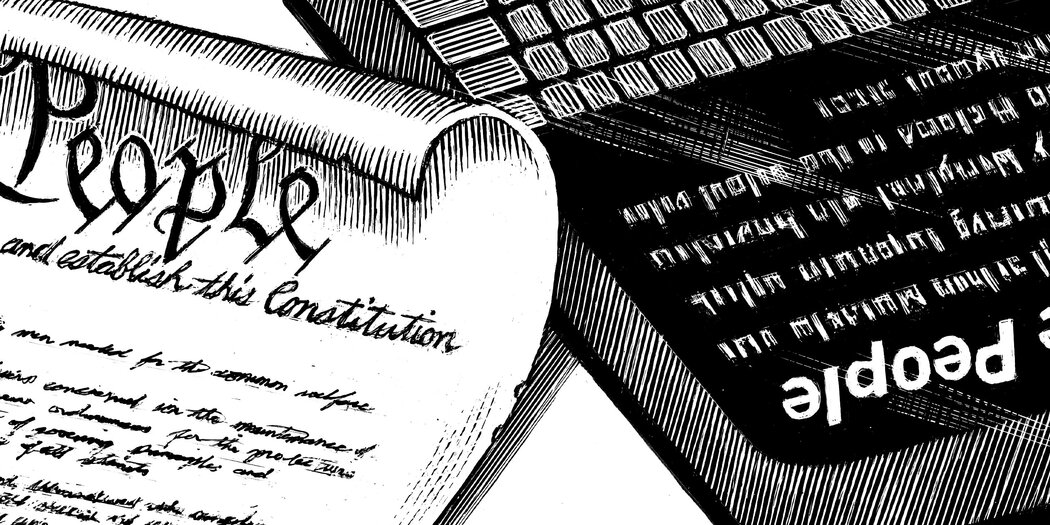The Utah Supreme Court has struck down a state law that allowed victims of sexual abuse to sue decades later, siding against a woman who alleged a former federal judge raped her when she was a teenage witness and he an attorney prosecuting a white supremacist serial killer.
The state’s high court ruled the 2016 law unconstitutional, finding the Utah Legislature did not have the authority to effectively erase statutes of limitation after they already timed out.
“The problems presented in a case like this one are heart-wrenching. We have enormous sympathy for victims of child sex abuse,” Justice Thomas Lee wrote in the 22-page opinion. “But our oath is to support, obey, and defend the Constitution.” Four of Lee’s colleagues concurred. Full Article


Good. Hope all other state supreme courts and the USSC do the same. It’s pure insanity that the supporters of such laws refuse to see how it can be and often is abused.
It’s SOOO tempting to hit the “what about the victims” crowd with a false accusation. My guess is most of them do a 180 on their position that all sex crime accusers are to be believed and the accused must prove his innocence even while any proof he/she might have is ignored.
While this is a Utah court, it strikes me that the argument applies equally well in all (most?) states that retroactively placed individuals on registries… Especially in the case of plea deals the explicitly excluded registration.